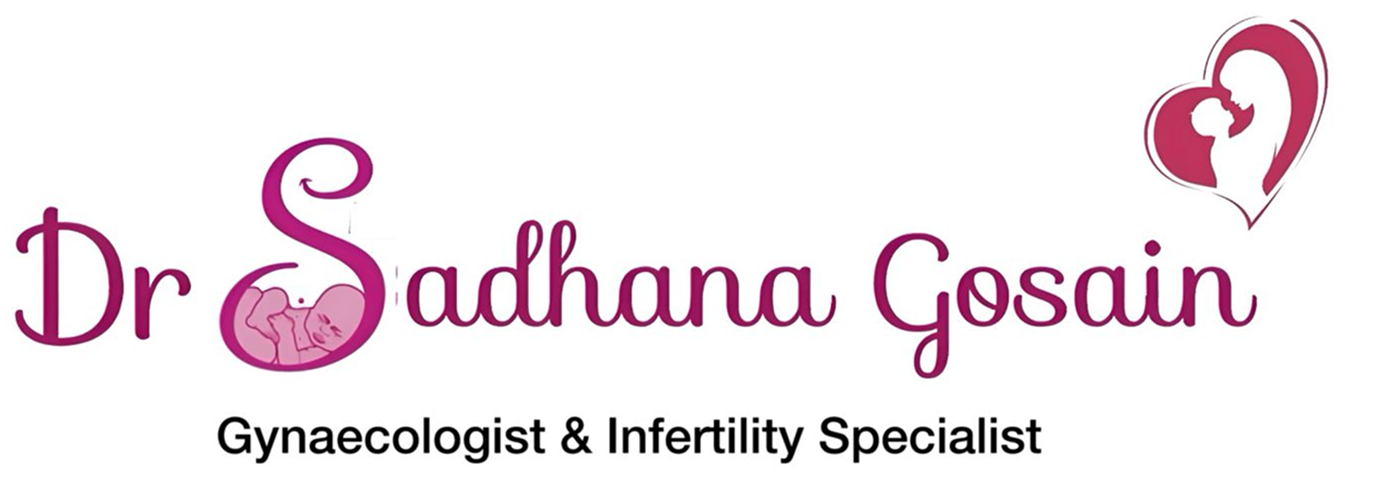
Health Tips During Pregnancy: A Comprehensive Guide

Health Tips During Pregnancy: Pregnancy is a transformative journey that requires careful attention to health and well-being. Expectant mothers often seek guidance on maintaining a healthy lifestyle during this period.
This blog offers evidence-based Health Tips During Pregnancy, covering nutrition, exercise, sleep, and more.
Health Tips During Pregnancy
1. Prioritize Nutrition for Maternal and Fetal Health
Proper nutrition is crucial during pregnancy to support both maternal health and fetal development. Key dietary considerations include:
-
Folic Acid: Essential for preventing neural tube defects. It’s recommended to take at least 0.4 mg/day before conception and during the first trimester.
-
Iron: Supports increased blood volume and prevents anemia. Aim for iron-rich foods like lean meats, legumes, and fortified cereals.
-
Calcium and Vitamin D: Important for bone health. Ensure adequate intake through dairy products, fortified plant-based milks, and sunlight exposure.
-
Protein: Supports fetal growth. Include lean meats, eggs, and legumes in your diet.
-
Hydration: Drink plenty of water to stay hydrated and support increased blood volume.
Avoid excessive caffeine, alcohol, and unpasteurized foods to reduce risks to fetal development.
2. Engage in Safe Physical Activity
Regular, moderate exercise can benefit both mother and baby. Activities like walking, swimming, and prenatal yoga can:
-
Improve cardiovascular health
-
Enhance mood and energy levels
-
Reduce the risk of gestational diabetes
-
Aid in weight management
-
Prepare the body for labor
Always consult with a healthcare provider before starting any new exercise regimen to ensure safety.
View this post on Instagram
3. Ensure Adequate Sleep and Rest
Quality sleep is vital during pregnancy. Aim for 7-9 hours of sleep per night. To improve sleep quality:
-
Sleep on your side, preferably the left side, to enhance blood flow to the fetus.
-
Use pillows to support your back and abdomen.
-
Establish a calming bedtime routine.
-
Avoid caffeine and heavy meals close to bedtime.
If sleep disturbances persist, consult a healthcare provider.
4. Manage Stress and Emotional Well-being
Pregnancy can be an emotional rollercoaster. Managing stress is essential for both maternal and fetal health. Consider:
-
Practicing relaxation techniques like deep breathing and meditation.
-
Engaging in light physical activity to boost mood.
-
Seeking support from loved ones and healthcare providers.
-
Attending prenatal classes to prepare for childbirth.
If feelings of anxiety or depression arise, seek professional support promptly.
5. Regular Prenatal Check-ups
Routine prenatal visits allow healthcare providers to monitor the health of both mother and baby. These check-ups may include:
-
Monitoring weight and blood pressure
-
Screening for gestational diabetes and pre-eclampsia
-
Assessing fetal growth and heart rate
-
Providing necessary vaccinations
Regular visits help detect potential complications early, ensuring timely intervention.
6. Avoid Harmful Substances
Certain substances can adversely affect pregnancy. It’s crucial to:
-
Refrain from smoking and exposure to secondhand smoke.
-
Avoid alcohol consumption.
-
Limit caffeine intake.
-
Steer clear of recreational drugs.
-
Consult a healthcare provider before taking any over-the-counter medications or supplements.
7. Educate Yourself About Pregnancy and Childbirth
Knowledge empowers expectant mothers. Consider:
-
Reading reputable books and articles on pregnancy and childbirth.
-
Attending prenatal education classes.
-
Discussing birth plans and preferences with your healthcare provider.
Being informed helps reduce anxiety and prepares you for the journey ahead.
8. Listen to Your Body
Every pregnancy is unique. Pay attention to your body’s signals and:
-
Rest when feeling fatigued.
-
Eat when hungry and choose nutritious options.
-
Avoid overexertion.
-
Seek medical advice if experiencing unusual symptoms.
Trusting your instincts and seeking guidance when needed promotes a healthy pregnancy.
9. Postpartum Care
After childbirth, focus on recovery and bonding with your baby. Tips include:
-
Resting and allowing your body to heal.
-
Seeking help with newborn care when needed.
-
Attending postpartum check-ups.
-
Discussing family planning options with your healthcare provider.
Prioritizing postpartum care ensures long-term health and well-being.
10. Consult a Gynecologist for Personalized Advice
Every pregnancy is different, and personalized medical advice is invaluable. Consulting a gynecologist ensures tailored guidance and care. For expert consultation, consider reaching out to a trusted gynecologist in Delhi.
Conclusion – Health Tips During Pregnancy
Maintaining health during pregnancy involves a holistic approach encompassing nutrition, exercise, sleep, stress management, and regular medical care. By following these health tips and seeking professional guidance, expectant mothers can navigate pregnancy with confidence and well-being.
For personalized care and expert advice, consider consulting a gynecologist in Delhi.
View this post on Instagram
Also Read:

